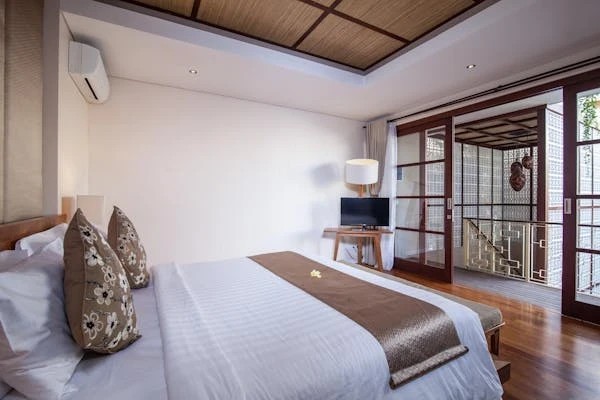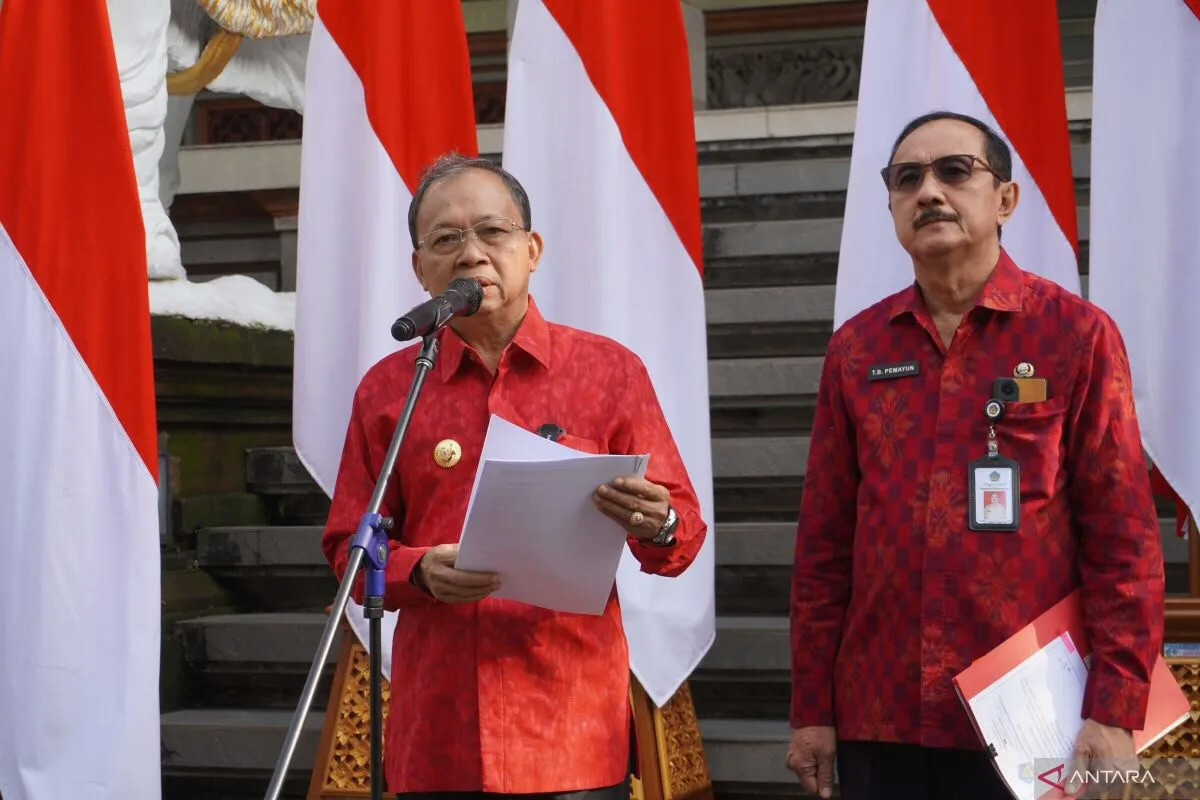According to the governor of Bali Province, Wayan Koster, there are currently more than 5,000 accommodation units on the island that are rented without a license. Their owners violate local regulations, do not pay taxes, and at the same time create additional competition for legal villas, apartments, and guesthouses. All of this negatively impacts the economy and image of the island, so the local authorities have been forced to take strict action.

The Indonesian Ministry of Tourism, together with the Bali government, intensifies inspections. At the regional level, all accommodation units, both registered and unregistered, are being verified.
The Indonesian Minister of Tourism, Widyanti Putri Wardana, emphasizes that alternative housing operating outside the law is not only an economic issue but also has a direct impact on Bali's infrastructure, which is overwhelmed by tourist traffic. Moreover, many of these units violate environmental and urban planning standards. Therefore, in parallel with collecting information about such units, local authorities are also developing mechanisms to either legalize them or shut them down.
Bali Governor Wayan Koster confirmed that if the violations are too serious and legalization proves impossible, all illegal structures will be demolished. He also added that the construction of new hotels will be strictly controlled to prevent the destruction of agricultural land.
In addition to illegal villas, the government highlights several key issues that need to be addressed in Bali. One of them is the congestion in the southern part of the island, particularly the Canggu area. Traffic jams, dense construction, noise, and waste all affect the lives of local residents and Bali's image in the eyes of tourists, says Minister Widyanti.
According to her, the situation requires immediate action. First and foremost, it is necessary to develop transport infrastructure. This involves not only constructing an airport in northern Bali but also building roads in less developed areas and launching a metro system.
Waste management remains a serious issue. The Minister noted that waste disposal in popular tourist areas is still far from the standard, and this should become a priority.
They plan to tackle this problem through tourist education. The ministry is convinced that many issues can be prevented if visitors know in advance what is acceptable in Bali and what is not.
Therefore, in cooperation with airlines and the Ministry of Transportation, they plan to create special videos that will be shown to tourists on multimedia screens in airplanes before landing at Ngurah Rai Airport. The tourism ministry will also spread information through embassies and online resources.
From these videos, tourists apparently will learn how to choose accommodation in Bali, what to see beyond Canggu, and how to dispose of waste environmentally.


You can add one right now!